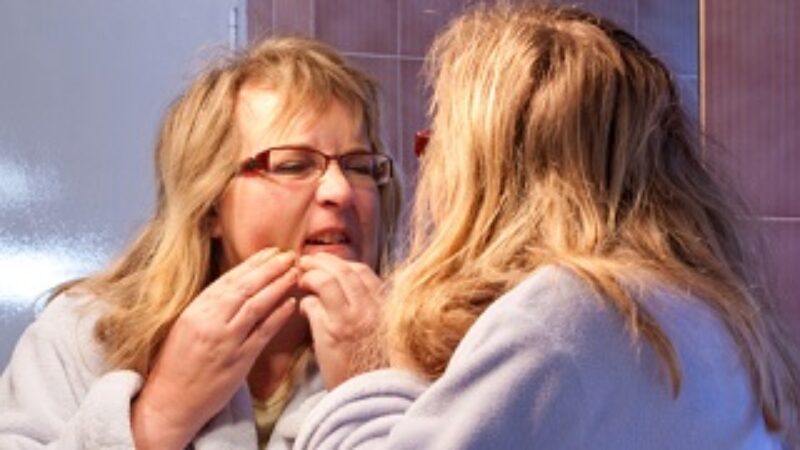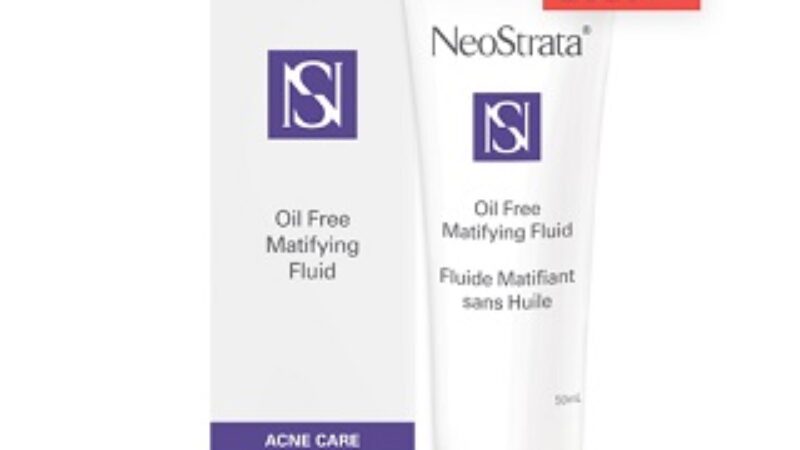Whether by email or telephone, customer questions give a chance to find out what’s on their minds and an opportunity to learn new things as well. Here are a few of the recent inquiries we’ve received over the past few months:
1. I recently found out I’m pregnant with our second and am not sure all of my La Roche Posay products are safe to continue using. Any guidance would be greatly appreciated.
I’m using the following products: Redermic C Eyes and I switch between Anthelios 50 Mineral Tinted Ultra-Light Tinted Sunscreen Fluid for Face, Water Resistant with SPF 50 & Anthelios AOX Daily Antioxidant Serum with Sunscreen with SPF 50.
If these are not safe can you suggest an eye crime and a facial & body SPF that are safe to use during pregnancy? I am fair skinned and have dry skin that can be sensitive at times.
First off, congratulations on the new baby! Skincare choices do occasionally need to change when pregnancy and/or breastfeeding are in the picture. In general, retinoids and hydroquinone should be avoided. The main ingredients in the products you mentioned (vitamin C, mineral sun filters and antioxidants) are generally considered safe during pregnancy. However, oxybenzone, a common sun filter, has been associated with hormone disruption. You may want to discuss this with your doctor as choices are even more important during pregnancy.
2. I am a long-term Anthelios sunscreen user and I have had great experience ordering Anthelios products from your site for the past a few years.
I would like to ask you what is the different between Anthelios XL SPF 50+ Comfort Creme vs Anthelios XL SPF 60 Comfort Cream? I know the SPF number is different, besides that, what are the other major differences? The reason I am asking is that I noticed SPF 50+ creme is priced at $35 for 50ml, however, SPF 60 creme is priced at $29 for 100ml. I am little bit confused, I thought the sunscreen with higher SPF # and larger volume should be more expensive. Can you please let me know? What makes you determine SPF 50+ at 50ml price should be higher that SPF 60 at 100ml? Thank you so much.
Thank you for your question. We’re so pleased that you have been using Anthelios sunscreens. We are also big fans. Both Anthelios products are manufactured in France by La Roche Posay. However, we receive the Anthelios XL SPF 60 Comfort Cream and the Anthelios XL SPF 50+ Comfort Crème from different wholesale suppliers. Our retail prices are based on our wholesale costs and the difference in pricing is due to this.
The formulations, sun filters and overall finish/feel are different, although both contain coveted Mexoryl XL. Anthelios XL SPF 60 is made for the face and body but does have a slightly heavier feel with a bit of shine and can leave a white cast on some complexions. The Antheliox XL SPF 50+ Comfort Creme in the smaller tube is made specifically for the face with an invisible, lightweight, velvety dry finish that some customers find more pleasing and comfortable to wear on a daily basis.
As always, we strive to remain competitive while bringing our customers what we consider the best and most effective sunscreens currently available.
3. What concentration of propylene glycol is safe for the skin?
The FDA has categorized propylene glycol as “GRAS” (Generally Recognized as Safe). In concentrations used in skin care products, propylene glycol has been deemed safe for use when formulated to be non-irritating, according to the Cosmetic Ingredient Review Board.
Since we touched on this subject in 2008, the Review Board has assessed more recent data and have concluded that it is still safe for use in cosmetic products. However, for sensitive individuals even small concentrations are potentially irritating. It’s difficult to quantify exactly what concentration as individuals differ so much and what can be tolerated by one person may be problematic for another.
4. What is the difference between Sodium Hyaluronate and Hyaluronic Acid if any. Which is better?
When it comes to skin care, the ingredients hyaluronic acid (sometimes referred to as hyaluronate) and sodium hyaluronate have become increasingly popular. Hyaluronic acid is a natural substance that is widely distributed throughout our bodies. It is an important component of cartilage, synovial fluid (the lubricating fluid found between joints) and skin, where it is integral to a number of cellular reactions and in keeping skin hydrated. Sodium hyaluronate is the salt of hyaluronic acid and it has a much lower molecular size. This gives it the ability to penetrate skin when applied topically, which is why it works in creams and other lotions.
Although hyaluronic acid’s larger molecular size may hinder its absorbance and result in its sitting on the surface of the skin, it does nonetheless draw water to it, either from the water that is in the product or from the environment, keeping skin hydrated and plump-looking.
Both hyaluronic acid and sodium hyaluronate provide benefits at different levels when used in topical skincare treatments. The sodium version may be more prevalent, however, due to its cost-effective advantage over hyaluronic acid.





What sunscream can I use during pregnancy? Is La Roche Posay sunscreen safe?
For Sarine,
Thanks for your question. Firstly, congratulations on your pregnancy!
Unfortunately, we are unable to comment as to whether Anthelios sunscreens are safe during pregnancy as we are unaware of any studies that would lead us to this conclusion. In general, non-chemical, mineral based sunscreens (those containing zinc oxide and/or titanium dioxide) are considered to be the safest options for sun protection during pregnancy. There are many mineral based sunscreens on the market and Anthelios offers one as well. Anthelios Mineral Ultrafluide SPF 50 is likely the best option in your case. We recommend checking with your physician to ensure that it is, in fact, the right choice for you.
Best, Sharmani